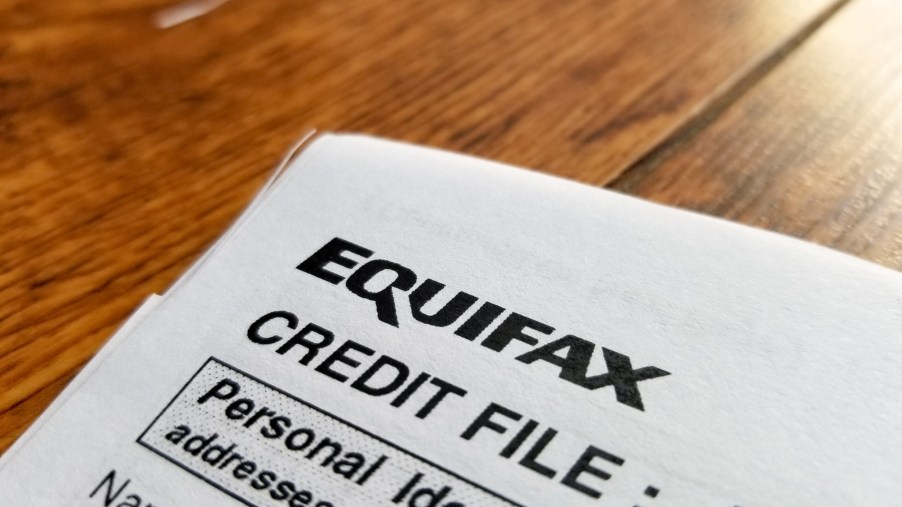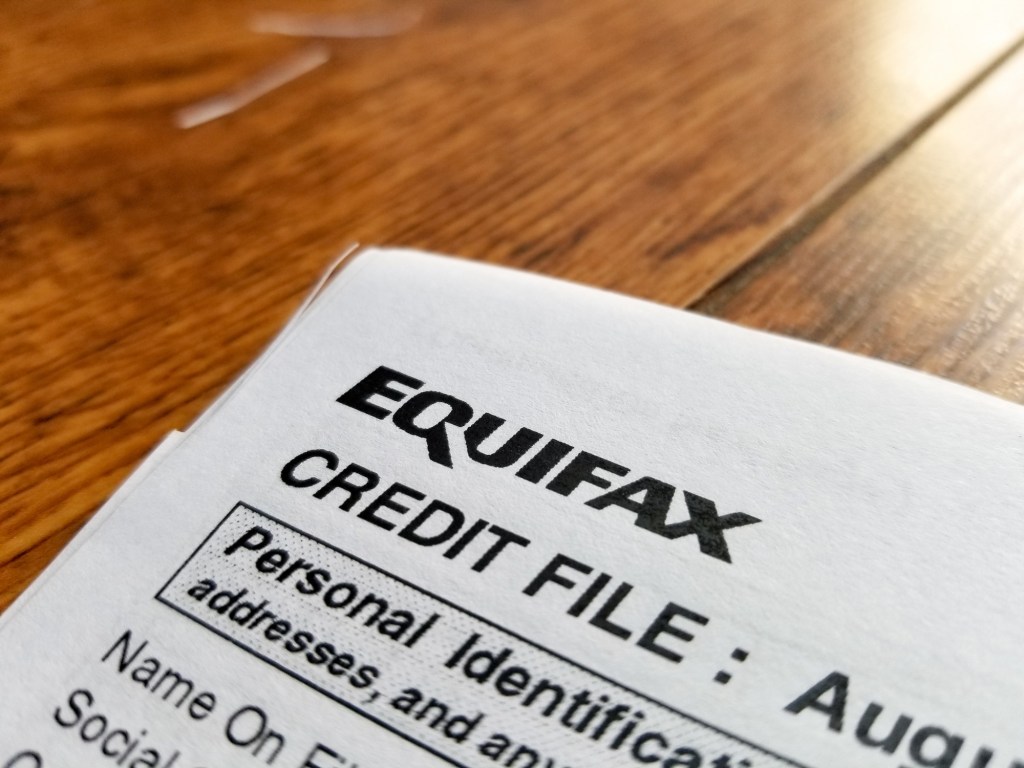
Does Buying a Car Build Your Credit Score?
For most people, buying a car is a big deal. It takes time to save enough money for such a large expense. But car loans make it possible to purchase a vehicle without having to scrape together the entire amount. How does car financing work, what effect can it have on your credit score, and what should you keep in mind when car buying?
How car financing and car loans work
When you sign for a new car loan, you borrow a total amount of money and then repay it plus interest each month over a set period of time. The amount borrowed, the loan’s term, and the interest rate affect your monthly payment and the loan’s total cost, Bank of America explains.
You can reduce the amount you borrow by making a down payment or offering your old car as a trade-in. The loan term, or how long the loan lasts, is usually 36 to 72 months. A longer loan term will lower your monthly payment but increase the total loan cost due to additional interest charges. The interest rate, or annual percentage rate (APR), is the yearly interest on the loan. It’s best to find the lowest rate possible so that you pay less in the end.
Does financing a car help your credit score?

Applying for a car loan introduces a hard inquiry into your credit report. That takes a few points off your credit score. A hard inquiry means someone has officially looked at your credit report. Refinancing a car loan can also cause this to happen. And opening a new loan and adding debt cause a slight dip in your score. But it will rise once you begin paying the loan on time every month, NerdWallet reports. This increase happens because your loan payments add to your credit history. Your payment history can have a big effect on your credit score.
The three main credit bureaus — Experian, Equifax, and TransUnion — usually list car loans as installment accounts, like mortgages and student loans, on your credit report. Another factor in your score is your “credit mix.” So if you don’t already have an installment loan, adding a car loan can raise your credit score.
You can check your credit score online through the main credit bureaus. It’s possible to get free copies of your report every 12 months. Otherwise, agencies can charge you no more than $13 for a copy of your credit report, the U.S. Consumer Finance Protection Bureau says.
What to consider when buying a car
Because applying for a loan generates a hard inquiry into your credit report, it isn’t something you should frequently do. However, it’s a good idea to shop around for car loans before going to the dealership to make sure you’re getting the best rate possible.
Luckily, if you apply for several car loans within a short time, they’ll be grouped and count only once in your credit score’s calculation because it’s clear you’re buying only one car. Your FICO score, a type of credit score that creditors use to assess your creditworthiness, looks at a 30-day period, while the VantageScore uses a 14-day window. Some other scores don’t include car loan inquiries at all, Experian explains.
MoneyUnder30 suggests knowing your credit score before looking for a car loan because consumers with better scores receive better loan rates. Then make sure you can afford the car you want to buy. When purchasing the car, compare loan interest rates, put money down, and keep the loan term as short as possible. It’s also a good idea to pay cash for fees and extras like sales tax or registration fees rather than financing those additional charges.
So, in the short term, getting a car loan can hurt your credit score. But if you continue to repay the loan on time, your credit score will rebound and even increase. One oddity to note is that paying off your loan also causes a slight temporary drop in your credit score.


